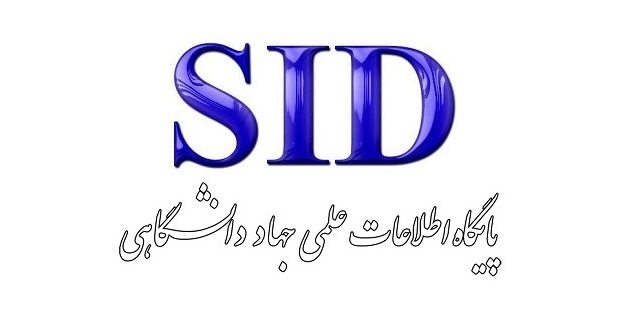Exploring the Role of Satire in Contemporary Persian Literature with a Focus on Ubayd Zakani and Bijan Najdi’s Works
Keywords:
satire, Ubayd Zakani, Bijan Najdi, contemporary Persian literature, social critiqueAbstract
Satire has been a powerful tool in Persian literature, employed to critique social, cultural, and political issues. This study adopts a comparative approach to examine the role of satire in classical and contemporary Persian literature, focusing on two prominent figures: Ubayd Zakani and Bijan Najdi. Analyzing Zakani’s works, such as Mouse and Cat, reveals his use of satire to critique social and political corruption in the medieval era. Conversely, Najdi’s works present satire in a subtler and multilayered manner, addressing themes such as individual identity and human relationships. The findings demonstrate that while the style and structure of satire have evolved, its effectiveness in conveying profound messages and engaging audiences remains significant. This paper also explores the evolution of satirical language in contemporary literature and its role in reflecting today’s societal issues.












